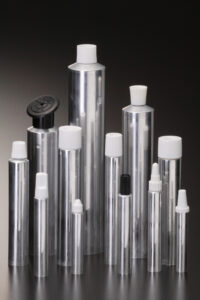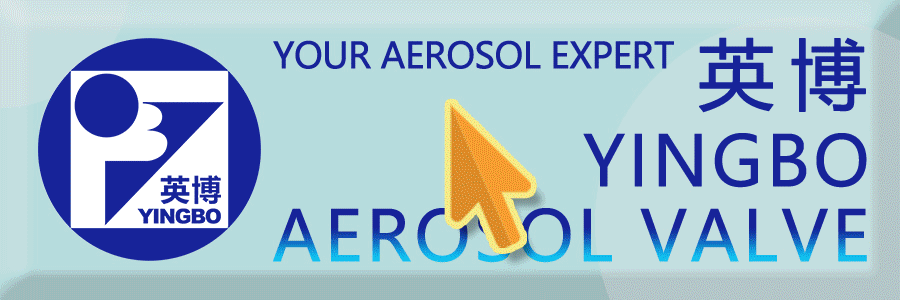Aluminium tube and aerosol can deliveries to Germany declined last year

In contrast to the 10.3% decline in the first half of 2024 compared to the same period in 2023, the aerosol cans market experienced a 7% increase in the second half (compared to H2 2023), with a total of 285 million cans delivered to Germany.
Demand seems to be recovering after the significant drop in the first half. Despite this recovery, 2024 marked an overall decline in deliveries to the national market, with a total of 562.5 million cans delivered, reflecting a 2.3% decline compared to the previous year.
While the aerosol can segment showed significant growth in the second half, the aluminium tubes sector faced a slight decline of 0.6% in H2 2024 compared to the same period in 2023.
This represents a notable improvement from the 6.4% drop observed in the first half of the year, signaling a deceleration in the rate of decline.
Overall, approximately 767 million tubes were delivered to the German market in 2024, marking a 3.7% decline compared to the previous year.
Despite the declines, the industry demonstrated resilience, with the second-half recovery bringing optimism for the future.
Chairman Johannes Schick of the Tubes, Cans, and Impact Extruded Parts Division of Aluminium Deutschland remarked: “The stable production volumes reported by our member companies are a clear indication of the industry’s adaptability. While domestic deliveries have faced challenges, growing demand from other regions has helped offset the decline in the German market.”
The drop in deliveries to Germany reflects a shift in production and filling capacities abroad, reducing demand from local facilities.
Looking ahead to 2025, the industry remains cautiously optimistic. While challenges such as the skilled labour shortage and high energy costs persist, Schick emphasised: “Proactive innovation, market adaptability, and supportive policies will be crucial to maintaining our competitiveness as we navigate these ongoing hurdles.”
The uncertainty surrounding global trade policies, particularly in relation to US President Donald Trump’s policies, and the current political instability in Germany continue to add complexity to the market landscape, added AD.
The industry emphasises the need for a stable and supportive regulatory environment to address these challenges, it concluded.











